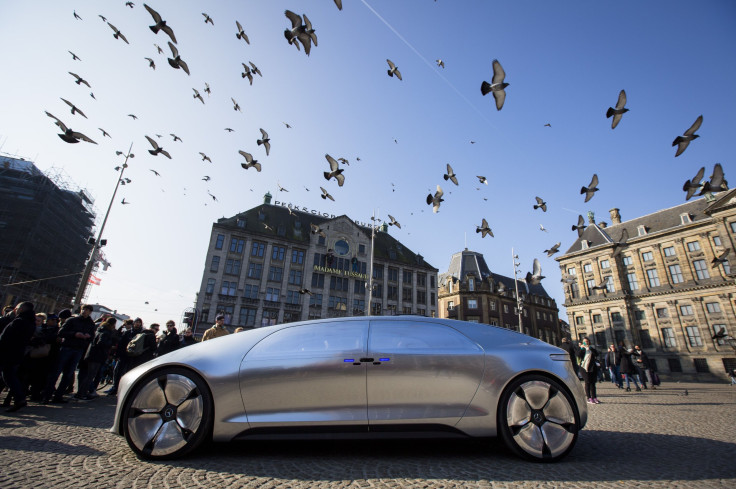World’s First Driverless Car Insurance Policy Launched In The UK

We may still be years away from seeing a fully autonomous car for sale to the general public, but many drivers already have a huge amount of technology in their cars, taking control of the vehicle at various points — which is why an insurance company in the U.K. has launched what it believes to be the first driverless car policy in the world.
The policy has been launched by Adrian Flux and will cover drivers who are already using autonomous features in their cars, such as self-parking and Tesla's Autopilot, which takes control of the car when driving on a highway.
“We understand this driverless policy to be the first of its kind in the U.K. – and possibly the world,” Gerry Bucke, general manager of Adrian Flux, told the Guardian. “More than half of new cars sold last year featured autonomous safety technology, such as self-parking or ABS [anti-lock braking systems], which effectively either take control or take decisions on behalf of the driver. And it’s only going to continue. Driverless technology will become increasingly common in our cars over the next few years.”
Among the additional cover provided by the driverless car policy are:
- Loss or damage in case of failure to install vehicle software updates and security patches
- Satellite failure or outages affecting navigation systems
- Failure of the manufacturer’s vehicle operating system or other authorized software
- Loss or damage caused by a failure to manually override the system to prevent an accident should the system fail
- Loss or damage if the car gets hacked
While traditional car companies like Ford, Toyota, Volvo and BMW are all working toward developing a driverless car, it is companies like Google and Tesla that are pioneering the technology today, testing autonomous and semi-autonomous features on the road.
Fully autonomous vehicles will be technically feasible within a couple of years, according to Tesla CEO Elon Musk, but there are other considerations to take into account before they go on sale. How insurance companies will handle the shift in technology is one such hurdle, while regulation by governments is another major stumbling block.
The impact on the insurance industry is expected to be huge, with research by the National Highway Traffic Safety Administration (NHTSA), cited by Volvo's CEO Håkan Samuelsson last month, suggesting that driverless cars will lead to an 80 per cent fall in the number of car crashes by 2035. Separate research by insurer Swiss Re and the technology group Here suggests the cost of insurance policies will plummet as a result — with premiums in the 14 biggest car markets set to drop by $20 billion by 2020 alone.
The U.K. is seeking to become a hub for driverless car technology with the government backing several driverless car trials across the country and in the modern transport bill introduced in the Queen's Speech last month, the government is seeking to clarify when a car is at fault rather than the driver.
In the U.S. the Obama administration proposed an ambitious plan in January to spend $4 billion over the course of 10 years to accelerate the adoption of driverless car technology on U.S. roads. In February Google's self-driving car effort received a major boost from the U.S. government when a transport regulator said that the robots powering the company's autonomous vehicles could meet the legal definition of a driver.
© Copyright IBTimes 2024. All rights reserved.





















